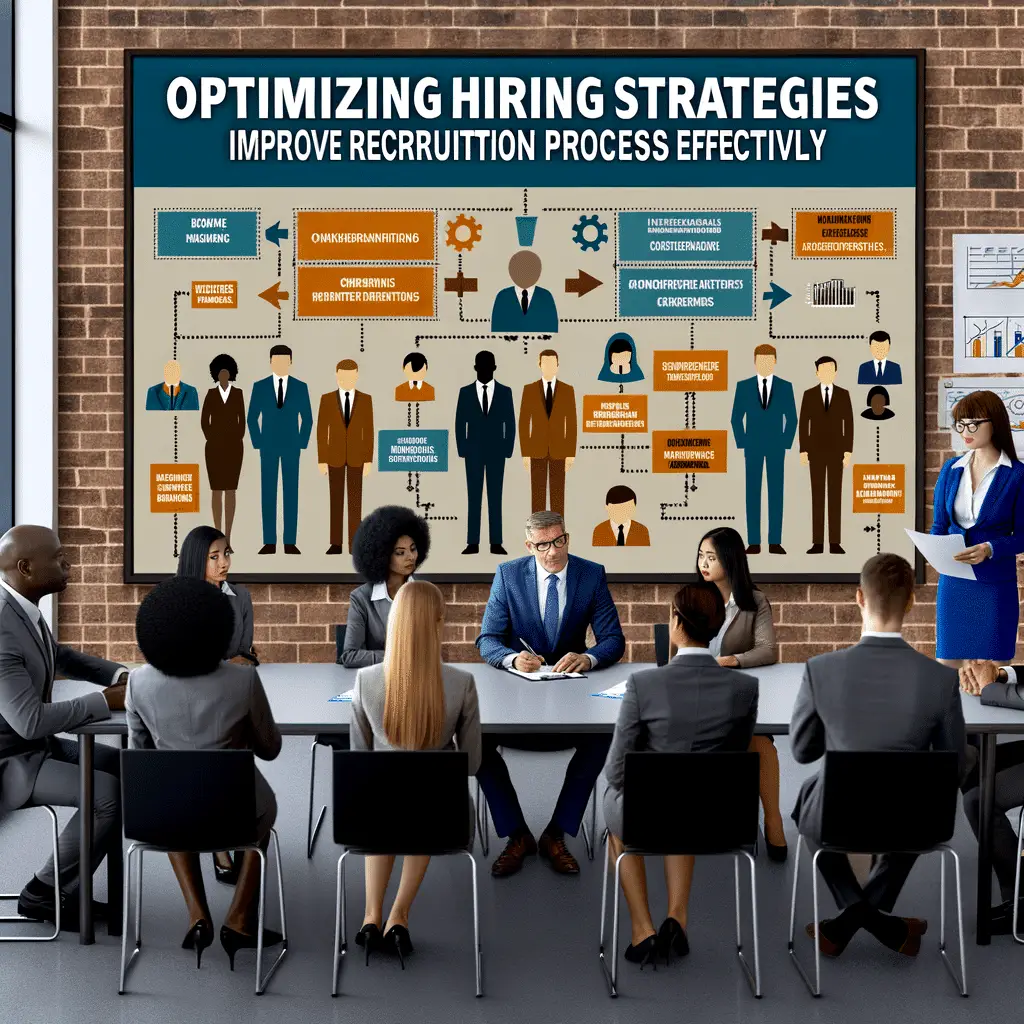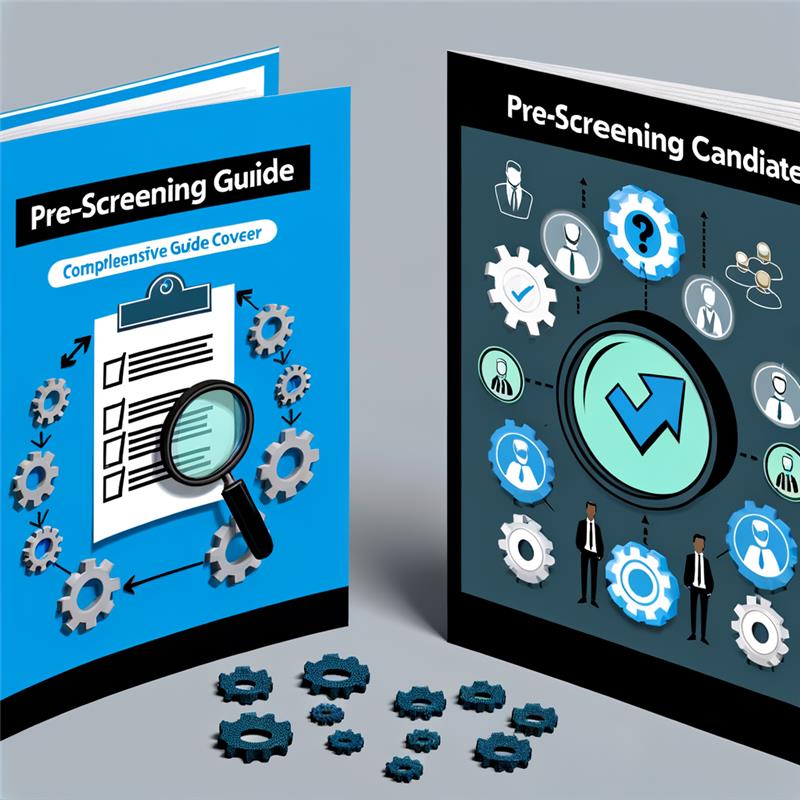The competitive job market today demands companies adopt effective recruiting strategies to attract top talent. Optimizing your recruitment process improves efficiency and helps secure the best candidates. With emerging technology and data-driven approaches, organizations need to rethink their traditional methods and adopt modern strategies that suit today’s dynamic work environment.
In this article, we discuss tips to optimize your recruitment process, focusing on efficiency, candidate experience, and using technology for a streamlined hiring approach.
Why Optimizing Your Recruitment Process Matters
In an age where top talent is scarce, the efficiency and effectiveness of your recruitment process can make or break your hiring success. Companies must focus on optimizing hiring strategies to:
- Attract Top Talent: A streamlined process ensures high-quality candidates.
- Reduce Time-to-Fill: Time is of the essence in competitive hiring.
- Lower Costs: Efficient processes reduce unnecessary costs in the recruitment funnel.
- Enhance Diversity & Inclusion: Improved processes can support more equitable hiring practices.
Key Strategies to Optimize Your Hiring Process
- Leveraging Technology for Recruitment Efficiency
With the advent of Applicant Tracking Systems (ATS) and AI interview platforms, organizations can automate large parts of the hiring process, saving time and reducing human errors. AI tools can evaluate candidates based on preset criteria, removing biases and delivering more consistent results.
- Building a Clear Job Description
A well-constructed job description sets clear expectations and helps filter the right candidates. Highlight key skills, company culture, and role requirements to attract relevant candidates.
- Embrace Data-Driven Decisions
Recruitment processes should rely on KPIs and data analytics such as time-to-hire, cost-per-hire, and quality of hire. Using data helps to continually improve the recruitment funnel and identify pain points, such as bottlenecks or inefficiencies in sourcing or interviewing candidates.
- Proactive Recruitment and Talent Pipelining
Being reactive in recruitment often results in missed opportunities. Start proactively building talent pipelines by engaging with candidates early, even before roles are open. This creates a network of potential candidates who are ready when needed, reducing time-to-fill and improving the quality of hires.
- Enhancing Diversity & Inclusion
A key factor in optimizing recruitment strategies is focusing on diversity and inclusion. Ensure that your hiring practices promote equity, diversity, and fairness. Use diverse talent sources and remove biased language from job descriptions to attract a broader range of candidates.
Advanced Tips to Improve Your Recruiting Strategy
- Automate Repetitive Tasks
Automation is key in today’s recruitment. Tools such as AI-driven interview platforms automate screening processes, interview scheduling, and candidate assessments, allowing HR teams to focus on strategic decisions.
- Focus on Employer Branding
Strong employer branding attracts top-tier candidates. Showcase your culture and employee benefits through social media, your careers page, and testimonials to position your company as a desirable workplace.
- Adopt Flexible Work Models
With the rise of remote and hybrid work, companies need to adapt their recruitment strategies. Offering flexible working models not only attracts a broader talent pool but also enhances your appeal as an employer in today’s modern work environment.
Common Pitfalls in Recruitment Optimization
Despite best efforts, optimizing your hiring process can go wrong if these common pitfalls are not avoided:
- Ignoring Candidate Feedback: Candidate feedback can provide key insights into areas of improvement within the recruitment process. Make adjustments based on this feedback to improve the overall candidate experience.
- Overcomplicating the Process: Streamline the process without adding unnecessary steps or delays. Simplicity is key.
- Neglecting Remote Work Considerations: Ensure that your recruitment process can adapt to candidates looking for remote or hybrid work models.
Conclusion
Optimizing your recruitment strategy involves a balanced approach between technology and human insight. By adopting automation, data-driven decision-making, and focusing on diversity and inclusion, organizations can create a streamlined, efficient, and inclusive recruitment process. Embrace these strategies to remain competitive in today’s job market and attract top talent.
Leverage AI tools in recruitment with our AI-driven interview solutions to streamline and optimize your hiring strategy.




